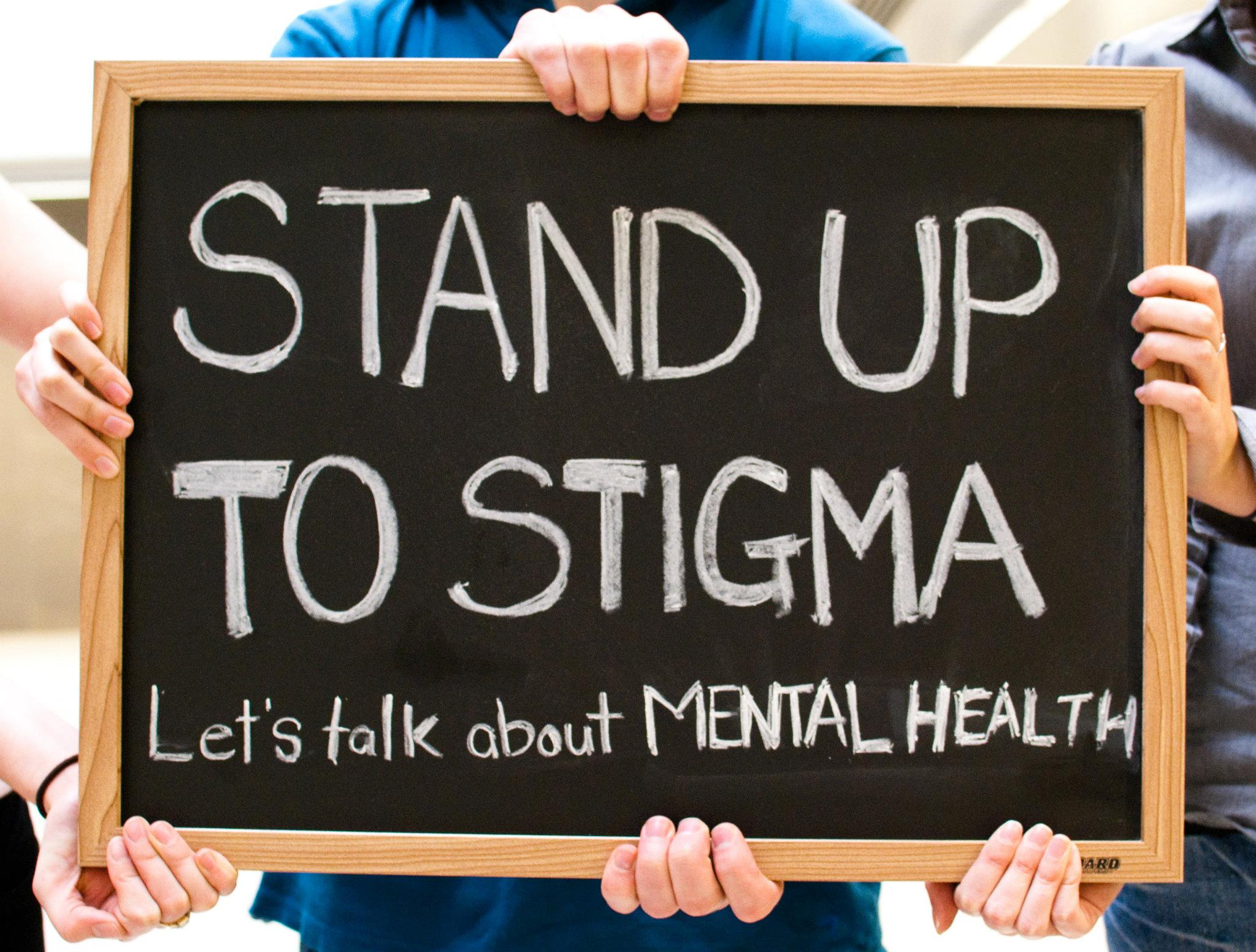Throughout my teenage years, I have met people with varying forms of mental illness, at varying stages and degrees. There isn’t one definable factor that connects them, and there is no checklist that applies. They are all just people who have suffered, often in a very private way. I have also met a lot of people over the years who think that mental health is something you can see; that to not fit into a preconceived box means that you aren’t allowed to say that you suffer.
✨If your #mentalhealth condition is invisible, have others ever doubted your distress?✨
— Talking About BPD (@TalkingAboutBPD) October 26, 2017
It is true that there are physical symptoms associated with various strands of illness. It is not unusual, for example, to come across extreme weight loss because of disordered eating. By no means however, is it how a person with an ED should look, or even what the majority of sufferers appear like. The reaction is often the same – if you are not unbelievably skinny, then you aren’t struggling. This is a particularly common misconception during recovery; just because someone you encounter has returned to the way that they looked prior to illness, does not mean that the illness is in the past, and it is damaging and ignorant to assume so.
As someone in the healing process, it is extremely upsetting when I am told I don’t “look” like I could suffer from mental illness. It makes me question my entitlement to help and recovery. It makes me question my progress. We need to redefine what mental health “looks like”, and rid ourselves of that whole phrase altogether.
If you think that mental illness can look a particular way, you aren’t thinking. Ironically, you aren’t looking either. In case you didn’t know, when what you say is that you can’t see illness in me, what I hear is completely different. What I hear is, “I don’t believe you.”
Every time you tell someone that they don’t match your short-sighted stereotype, a part of them questions whether they do in fact, suffer. By conceptualising what you think mental health should appear as, you are making people with real issues and difficulties feel embarrassed and fraudulent. Ultimately, less likely to speak out. We aren’t talking about a black eye or a broken leg, we are talking about the mind, something you will never be able to see. Despite what has been portrayed in the media, or discussed in whispered conversations, mental health is invisible. To punish someone who trusts you enough to open up about their mental struggles, by brushing it off and questioning its severity, is cruel.
This is a topic we should talk about. Ignorance breeds ignorance, and not talking about it is the exact reason why stigmas and stereotypes exist. Thoughtless comments have the power to shape the future of mental health and those that are victims to it. Because when someone talks about mental illness and you respond by telling them that they don’t fit your stereotype, they may never talk about it again.
Emily Merrill
Photo credit: http://www.danielfryer.com/beating-the-stigma-of-mental-health/

